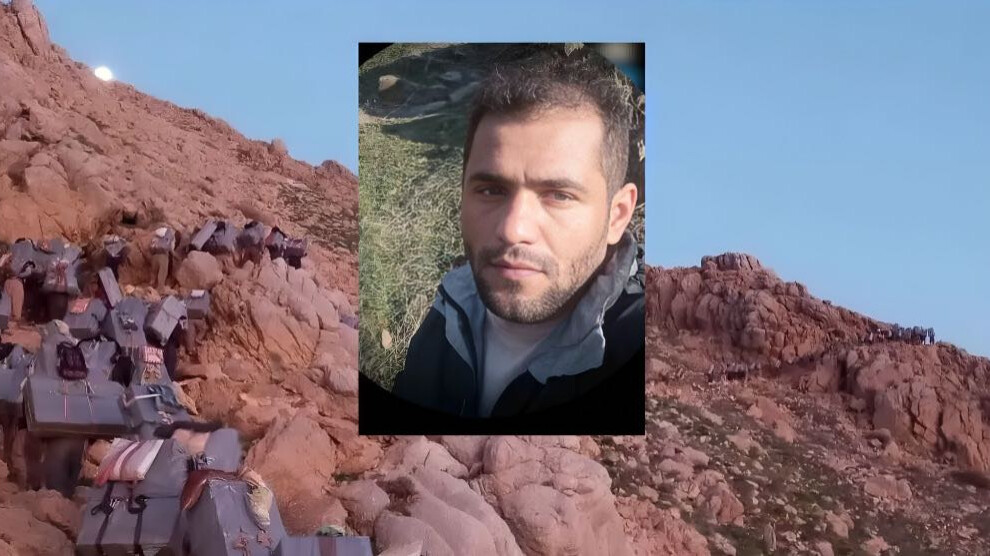Young Kurdish kolbar killed by Iranian border forces in Hawraman
Deadly attacks by Iranian forces against Kurdish kolbars continue.
Deadly attacks by Iranian forces against Kurdish kolbars continue.

Iranian border guards shot and killed Arkan Balvaseh, a 29-year-old kolbar, on Friday morning in the Tateh border area of Hawraman in Sarvabad, Kurdistan Province, the Kurdistan Human Rights Network (KHRN) reported.
A source who spoke to KHRN said: “In the early hours of Friday 21 June, a group of kolbars in the Tateh border heights, while carrying no goods, were targeted by Iranian border guards at close range and without warning, resulting in the death of Arkan Balvaseh.”
Balvaseh’s body was taken to the village of Geleyeh in Marivan, Kurdistan Province, for burial.
According to KHRN statistics, in the past four weeks, Iranian border guards shot dead two other kolbars, Sina Rasoulzadeh and Hazhir Mahmoudpour, in the border areas of Baneh and Sardasht in the provinces of Kurdistan and West Azerbaijan.
Additionally, Rahim Ebrahimi drowned in a river during a pursuit by Iranian border forces in the Sardasht border area.
During this period, at least four kolbars were injured by gunfire, and two others were beaten by Iranian border forces in the border areas of Kurdistan Province.
Eastern Kurdistan has descended deeper into poverty through the years due to deliberate policies by the Iranian regime and stands out as one of the poorest regions in Iran. Compared to other regions, the area has seen significantly less investment and development has been deliberately curbed. Agriculture and industry weren’t allowed to develop, and as a result, unemployment rose to the highest in Iran.
Faced with policies of discrimination, oppression and impoverishment, carrying smuggled goods is not a choice but a must for survival.
Kolbar comes from the Kurdish words, “kol” (back) and “bar” (load). Kolbars make their living carrying loads along the perilous borderline. Their loads include cigarettes, mobile phones, clothes, housewares, tea and seldomly alcohol. They walk through dangerous terrain to continue this trade between Southern and Eastern Kurdistan. The goods they bring are sold at high prices in Tehran, but the kolbars who risk their lives for them are paid very modestly.
The intermediaries who take the deliveries and find buyers in cities are called kasibkars.
Kolbars and kasibkars range from 13 to 70 years old. Some only finished elementary school, while others are university graduates. They carry loads, because they can’t find any other employment. In the last 5 years, some 300 kolbars and kasibkars were killed in cold blood. There are no absolute statistics available about the deaths.